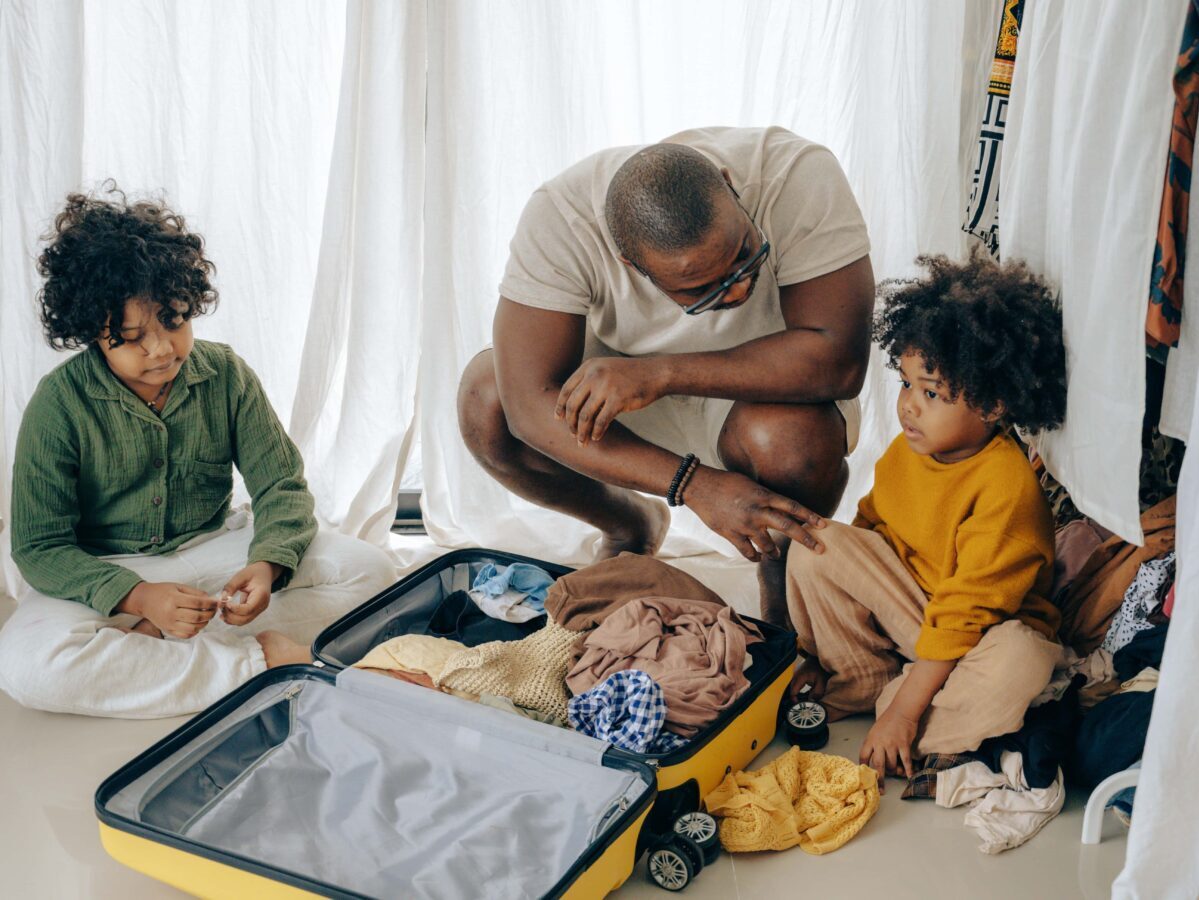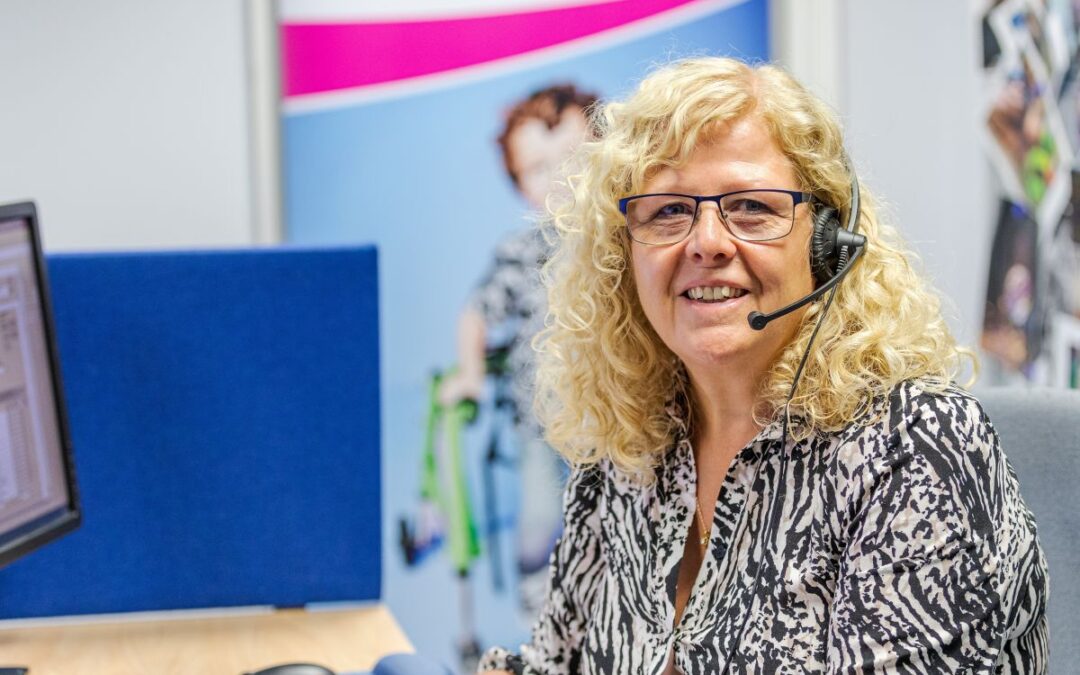
Getting away from it all sounds blissful, but getting there can be another story, especially when you are travelling with a child with disabilities – but there are things you can do to make getting to your destination hassle free, whether you are going on holiday in the UK or abroad.
If your child has physical disabilities, special educational needs, or a medical condition with complex needs, lots of research and planning is crucial for any journey. To help you reach your chosen destination without a hitch, sorting out the practicalities of your trip well in advance is a must.
If you are travelling to your destination by plane, contact the airport at least a few days before you fly to discuss your requirements and arrange any assistance you might need either at the airport or on the plane. It’s also worth knowing that you can travel with up to two items of mobility equipment free of charge if you’re disabled, which doesn’t count as part of your baggage allowance.
Airports including Birmingham, Manchester, Gatwick and Heathrow provide assistance for mobility needs as well as hidden disabilities such as Autism. You can also visit here to discover more about the kind of assistance available when you are travelling by plane.
For those travelling by train, either to the airport, or to a UK destination, you can find out what kind of assistance you can requests here www.gov.uk/transport-disabled as well as what accessible facilities are available at the stations you are travelling between at https://www.nationalrail.co.uk/find-a-station/.
However you are travelling you also need to ensure that your chosen destination has everything you might need there too, so it’s always worth contacting them to make them aware of your child’s needs and any accessibility issues – the last thing you need is to get to the last leg of your journey and realise there are issues because you relied on a description of facilities that may be out of date.
While you’re in planning mode, creating a detailed list or spreadsheet of everything you need to take for your child will help make certain nothing is forgotten – but add to this anything your child might need for the journey. This would include any medications they might need on the journey plus spares in case luggage is lost. You may need a letter from their consultant or GP about the medication needed if you are travelling abroad. It’s also a good idea to check any travel insurance to ensure it covers any eventuality for you, your child and any other family members travelling with you.
Finding out where accessible toilets are along with hospitals and medical centres, both along your route and at your destination is also advisable, depending on your child’s needs.
When it comes to packing, have easy access to a full change of clothes (or two), along with any comfort items and snack they may need. Ear defenders are also a great option to shield your child from being overwhelmed by any noise, along with favourite distraction toys or any social stories to help them make sense of their journey and new environments.
Travelling in general means you won’t be able to stick to your normal routines, but if routine is important to your child, then do what you can. Let them watch their usual shows on a tablet or mobile, pack the food they will eat and stick to your usual timings to eat and sleep as much as possible.
For more help about travelling with Autism you can visit the National Autistic Society while holiday company Tui can also offer tips on finding the right destination for your family holiday.
If you are holidaying in the UK, or even having a staycation with days out Motability’s Rough Guide Accessible Britain can help.




